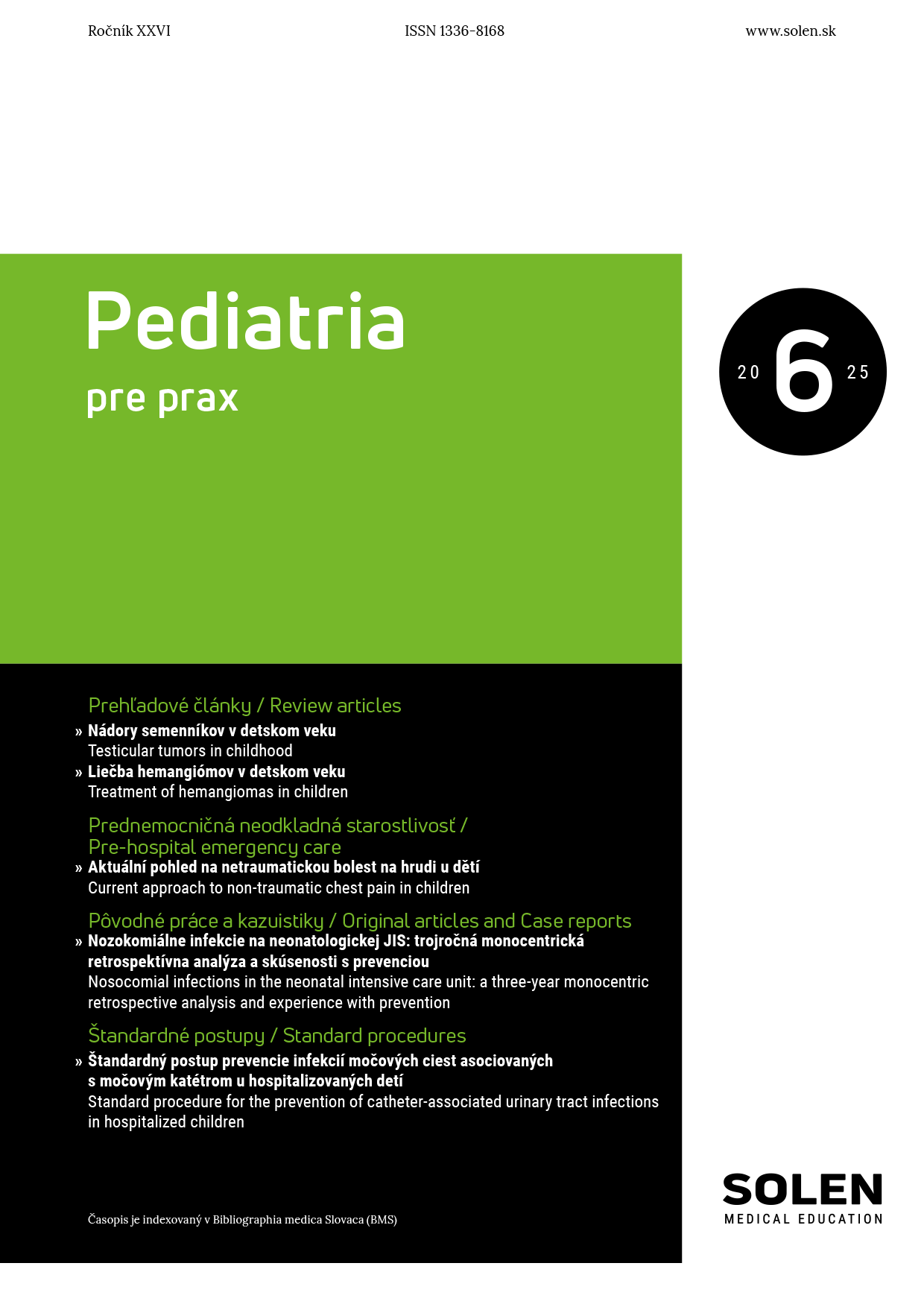Urologie pro praxi 1/2024
Management of treatment-related adverse effects in renal cell carcinoma
The paradigm of treatment of metastatic clear cell renal carcinoma (mccRCC) has repeatedly undergone significant changes in recent decades – from treatment with cytokines, interleukin- 2 and interferon-α to therapy with tyrosine kinase inhibitors (TKIs) or mammalian target of rapamycin (mTOR) inhibitors to combined regimens based on immune checkpoint inhibitors (ICI). The combinations of ICI+ICI or ICI+TKIs have been fully established in the first line of therapy of mRCC in the past decade, based on large phase III studies using sunitinib as a comparator. These include CheckMate214 (ipilimumab plus nivolumab), KEYNOTE 426 (pembrolizumab plus axitinib), JAVELIN Renal 101 (avelumab plus axitinib), CheckMate 9ER (nivolumab plus cabozantinib) and CLEAR (pembrolizumab plus lenvatinib) study. Thanks to results of the above-mentioned studies there has been a significant expansion of the armamentarium of available treatment options, especially in the first line of mccRCC palliative therapy, and thus a remarkable shift in the approach to RCC therapy in general. Almost unusual agreement in this regard can be perceived in both international and national clinical guidelines. At present, Czech clinicians can choose from various combinations of the aforementioned agents. It can be assumed that in the future the range of treatment reimbursed by public health insurance will continue to expand. The indication of first-line therapy which plays a crucial role in RCC treatment algorithm will then require to carefully assess various clinical factors, economic aspects and, last but not least, the adverse events profile of each combination and, in accordance with the principles of personalized medicine, consider the optimal treatment for each individual patient. With regard to clinical practice in urology, this article strives to briefly describe the safety profiles and adverse events of individual drugs and their combinations used currently in the treatment of RCC and to outline possible therapeutic approaches to these adverse events.
Keywords: adverse events, checkpoint inhibitors, tyrosine kinase inhibitors, mammalian target of rapamycin inhibitors, kidney cancer.

















